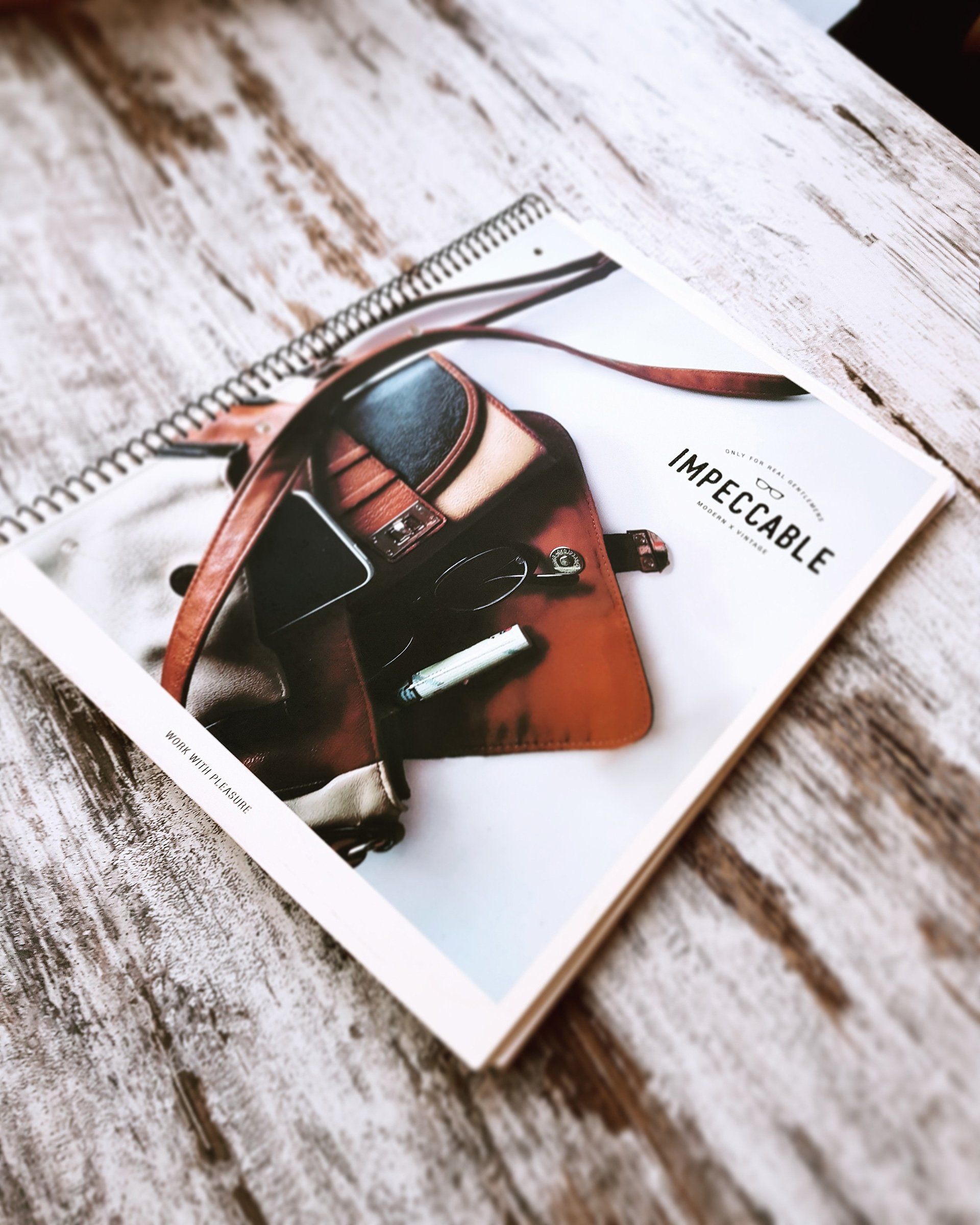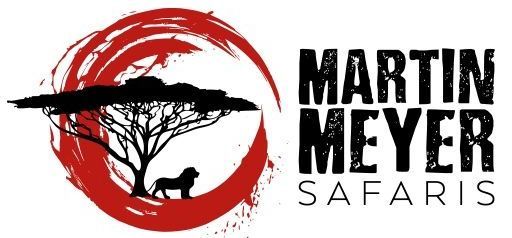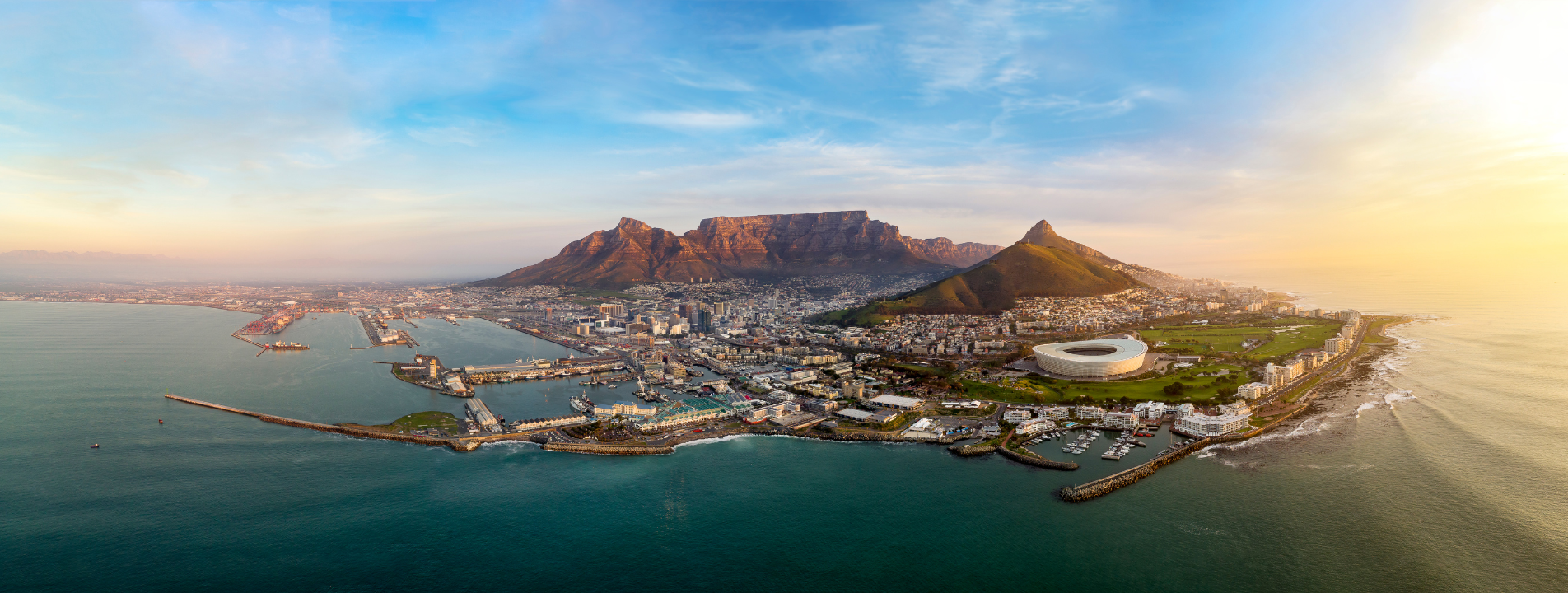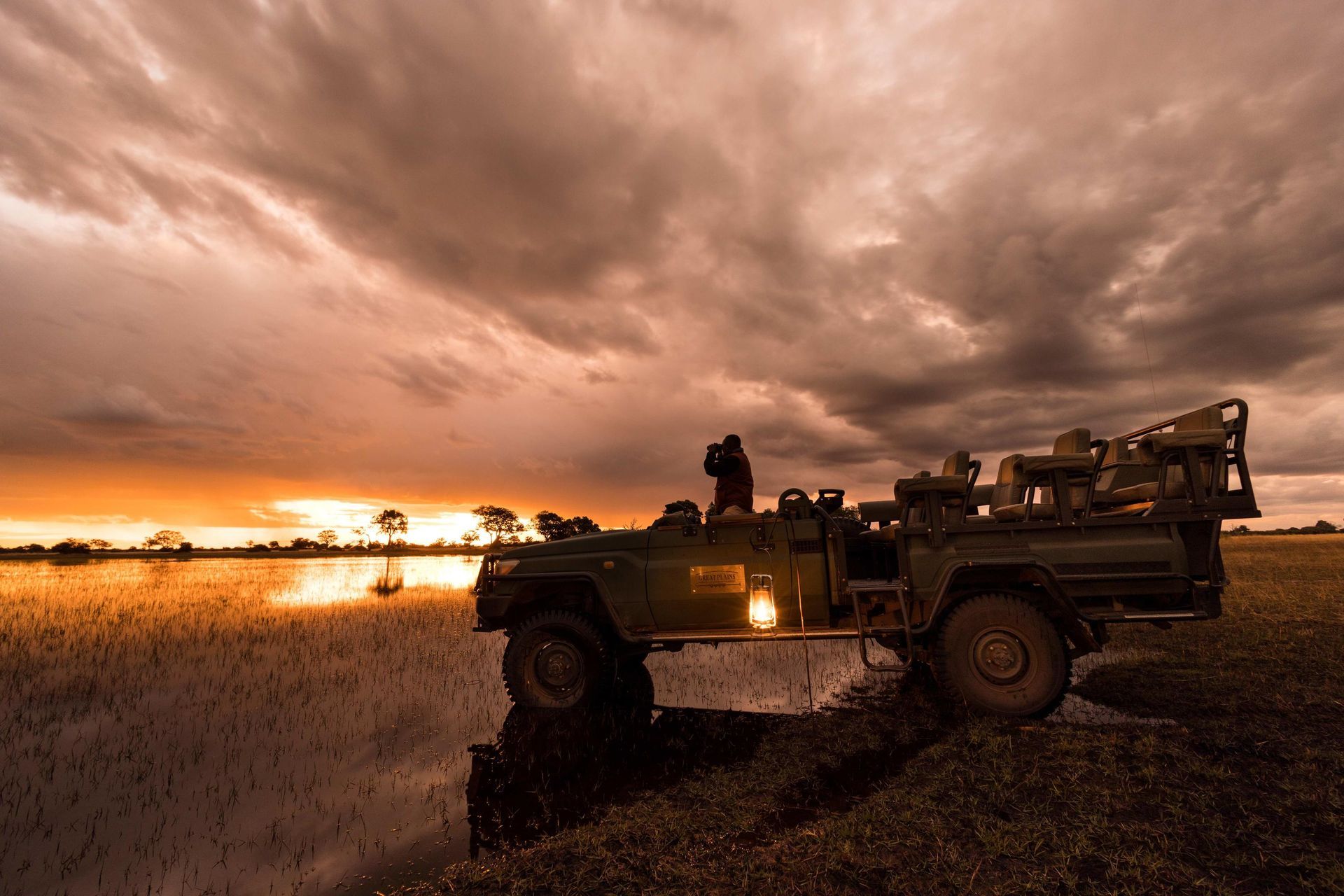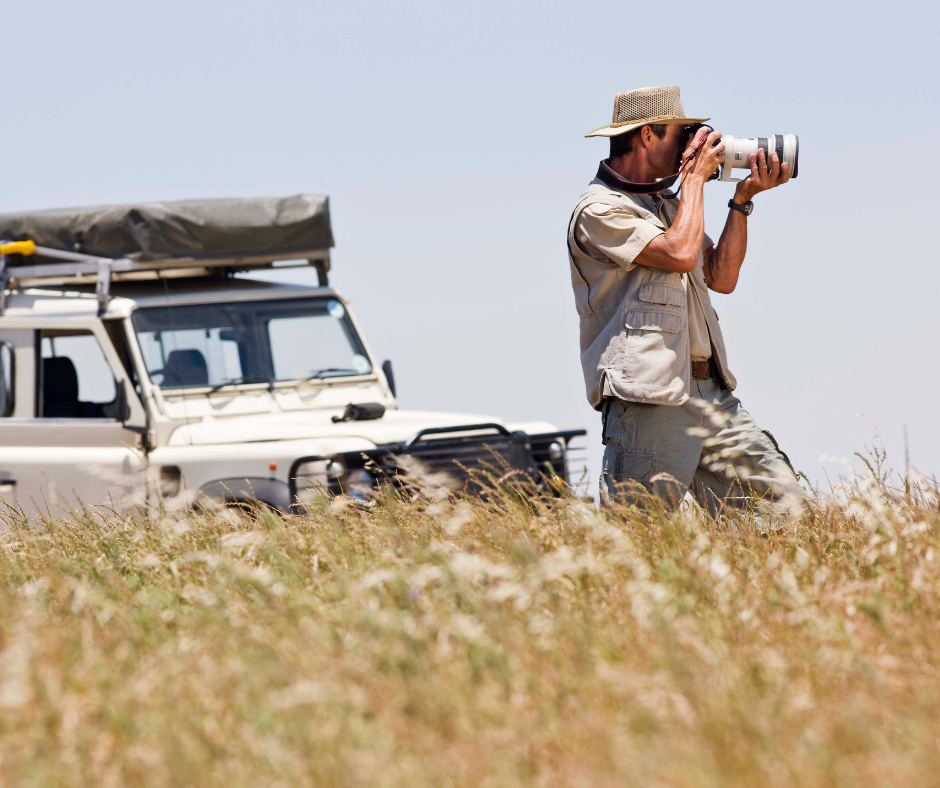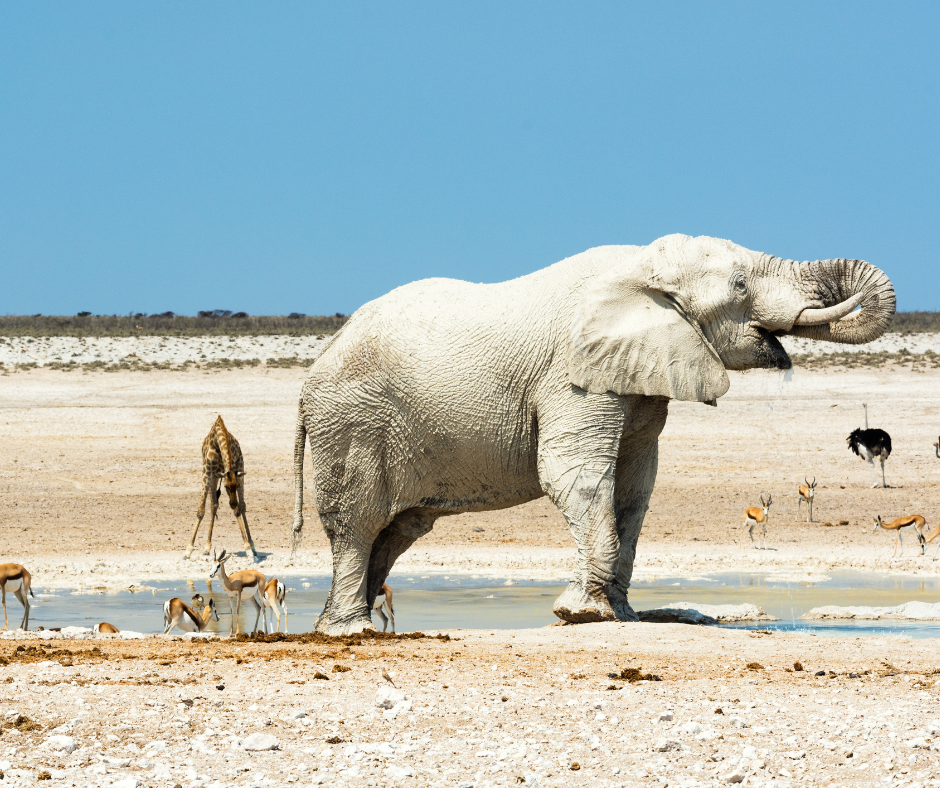Everything You Need to Know Before Your Safari – 50 Expert Q&As from Martin Meyer Safaris
From Big Five to Small Questions – We’ve Got Your Safari Curiosity Covered!
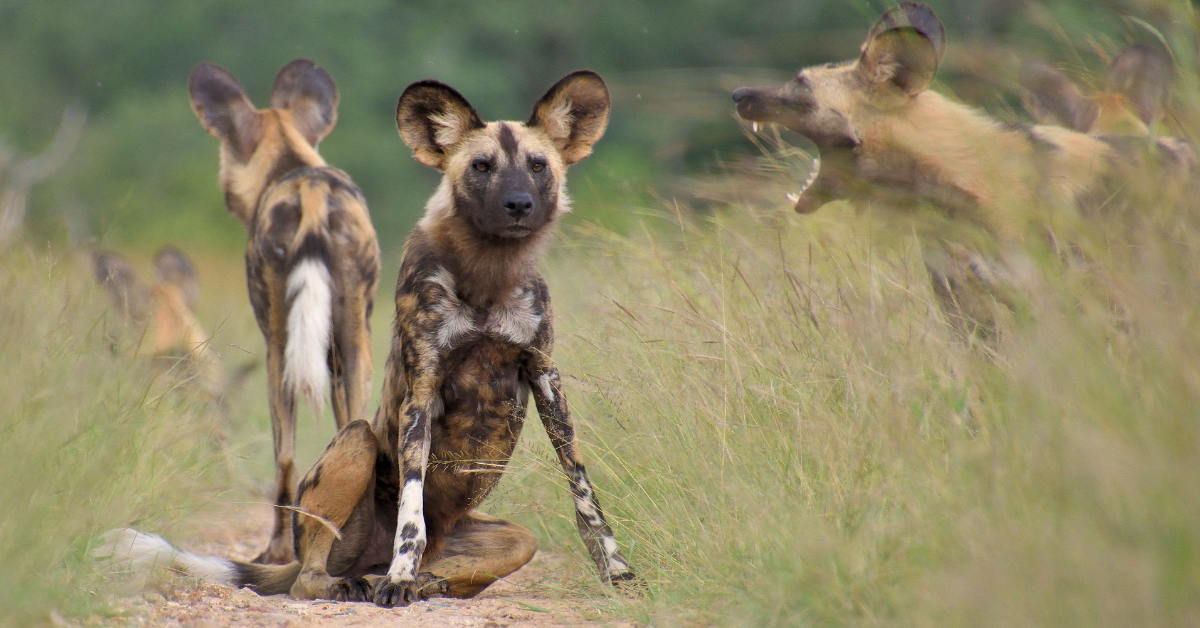
Planning an African safari is a dream for many travellers, but it often comes with plenty of questions. From knowing the best time to go on safari and what to pack, to deciding between a private safari vs group safari or choosing the best countries for a first-time African safari, there’s a lot to consider.
At Martin Meyer Safaris, we’ve helped guests from around the world create unforgettable journeys across South Africa, Botswana, Kenya, Tanzania, Namibia, Zambia, and Zimbabwe. In this comprehensive safari planning guide, we’ve compiled answers to the 50 most common safari questions—giving you expert tips, insider advice, and confidence to plan your perfect African adventure.
Table of Contents:
1. Planning and Logistics
2. Daily Safari Experience
3. Wildlife & Game Viewing
4. Practicalities and Packing
5.
Safety, Health and Conservation
1. Planning & Logistics

- When is the best time to go on safari in Africa?
The dry season (May–October) is often considered the best time to go on safari. Wildlife gathers at water sources, vegetation is thinner, and game viewing is at its best. - How many days should I spend on safari?
For most travellers, seven to ten days is ideal. This allows enough time to explore one or two destinations without feeling rushed, and works well for a first-time African safari. - Which countries are best for a safari?
Popular African safari destinations include South Africa, Botswana, Kenya, Tanzania, Namibia, Zambia, and Zimbabwe. Each offers unique wildlife experiences and landscapes. - Do I need a visa or vaccinations?
Requirements vary depending on nationality and destination. Some safari destinations in Africa require proof of yellow fever vaccination, while others may not. - Is it possible to plan my own safari?
While self-planning is possible, booking through a safari specialist ensures expert guidance, smooth logistics, and access to hand-picked lodges. - What is usually included in safari pricing?
Most African safari packages include accommodation, meals, game drives, park fees, and transfers. Some also include drinks, laundry, and special activities. See our 2026 Guideline here - Should I choose a national park or a private reserve?
National parks offer large public areas and self-drive options, while private reserves allow off-road driving, night drives, and fewer vehicles at sightings. - Do I need travel insurance?
Yes—comprehensive travel insurance is essential for all safari holidays in Africa. - How do I choose the right guide?
An experienced, passionate private guide makes all the difference, especially for specialist trips like birding safaris or photographic safaris. - Can I drive between game parks?
Yes, though distances can be long. Many travellers choose fly-in safaris to save time and enjoy spectacular views over African safari landscapes.
2. Daily Safari Experience
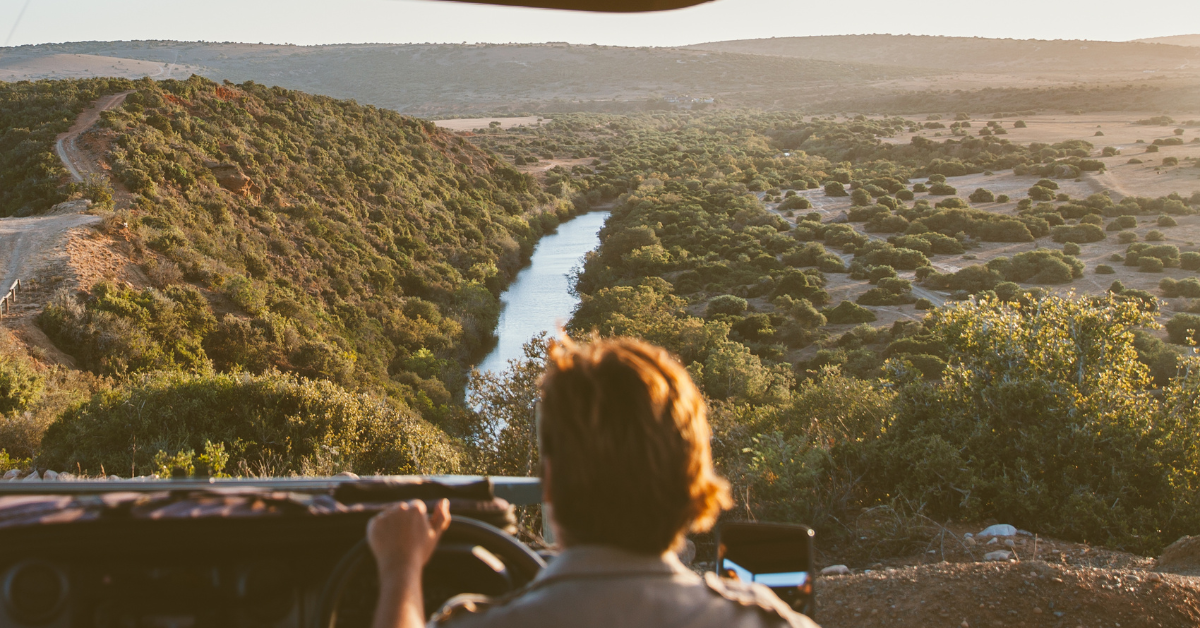
- What does a typical safari day look like?
Early morning game drive, breakfast, midday rest, afternoon tea, an evening drive, and sundowners before dinner under the stars. - What type of vehicles are used?
Most African safari tours use open-sided 4×4 vehicles for the best wildlife viewing. - Are the roads bumpy?
Safari roads are often unpaved and dusty—part of the authentic experience. - Can I take a hot-air balloon safari?
Yes—available in destinations like the Serengeti and Maasai Mara, offering stunning aerial views. - Are night drives available?
In private reserves, yes. Night drives reveal nocturnal species such as leopards, bushbabies, and hyenas. - Can I do a walking safari?
Yes—walking safaris provide a completely different perspective, focusing on smaller wildlife and tracking skills. - Are cultural visits included?
Many itineraries include optional cultural experiences to connect with local communities. - What if I need the toilet during a drive?
Guides can stop at designated points or find a safe location. - Will I have phone or internet coverage?
Some lodges have Wi-Fi, but many safari destinations in Africa have limited connectivity—ideal for unplugging. - What is the food like on safari?
Expect fresh, flavourful meals, often blending local ingredients with international recipes.
3. Wildlife & Game Viewing
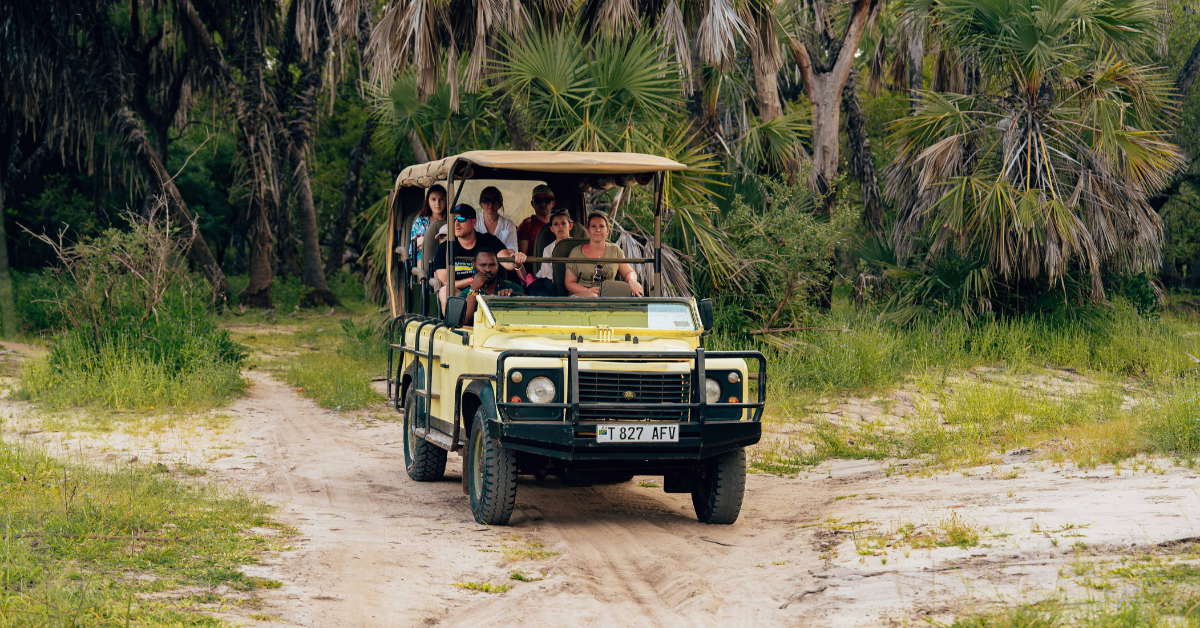
- What are the
Big Five?
Lion, leopard, buffalo, elephant, and rhino—five iconic species travellers hope to see on African safaris. - Will I definitely see the Big Five?
While sightings are never guaranteed, our itineraries maximise your chances. - How can I increase my chances of seeing a specific animal?
ravel in the right season, spend more time in prime habitats, and rely on experienced trackers. - Will I see nocturnal animals?
Yes—on night safaris, you may spot hyenas, genets, or leopards hunting. - Can I touch or feed the animals?
No—wild animals must be respected from a safe distance. - What’s the difference between a lodge and a tented camp?
Lodges offer permanent structures, while tented camps give a closer-to-nature feel without sacrificing comfort. - Is safari safe?
Yes—safari travel in Africa is safe when you follow guide instructions. - Is safari physically demanding?
Most game drives are relaxing; walking safaris offer more activity if desired. - Do I need to speak the local language?
No—English is widely spoken in safari destinations. - What is a sundowner?
A drink enjoyed in the bush at sunset—a safari tradition.
4. Practicalities & Packing

- What should I pack?
Neutral-coloured clothing, sturdy shoes, a hat, sunscreen, insect repellent, binoculars, and a good camera. - What type of luggage is best?
Soft-sided bags work best for fly-in safaris. - Are there luggage weight limits?
Yes—usually 15–20 kg per person on small aircraft. - What currency should I bring?
US dollars are widely accepted; local currency is useful for tips and small purchases. - Should I tip?
Yes—tipping is customary, and we provide guidelines. - Is laundry available?
Most lodges offer laundry services, often included. - Do I need a power adapter?
Yes—a universal adapter is recommended. - Can I bring a drone?
Many countries restrict drone use—check regulations. - Is alcohol included?
Many lodges include house wines, beers, and spirits; premium labels may cost extra. - Can solo travellers or guests with mobility needs go on safari?
Yes—we design trips suited to all abilities and preferences.
5. Safety, Health & Conservation
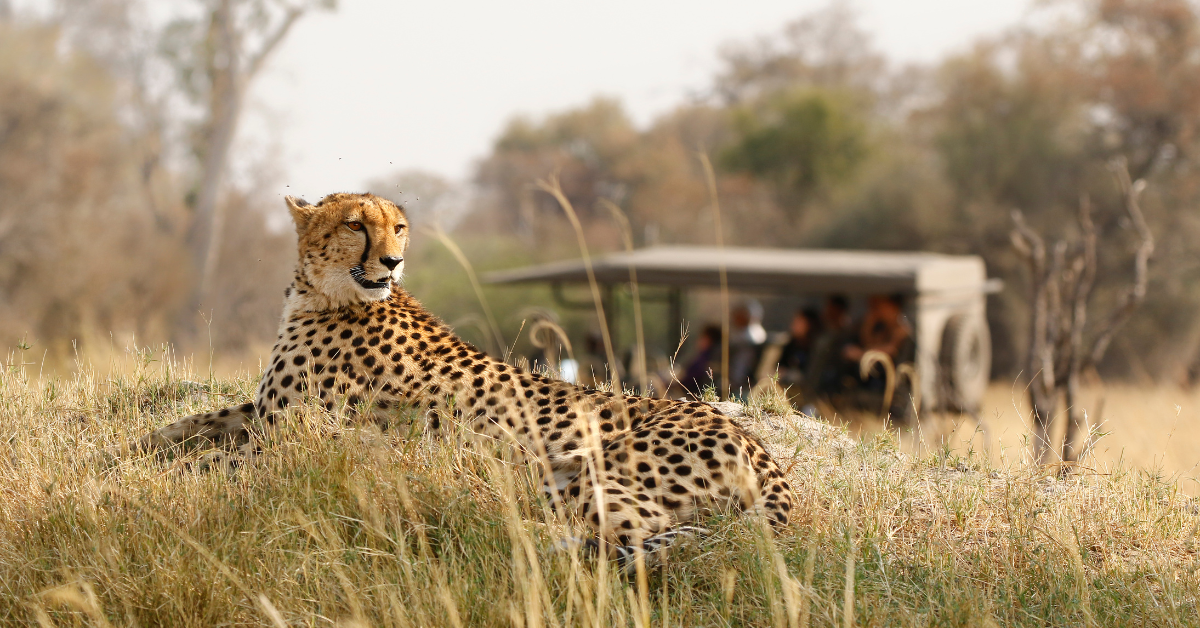
- Is malaria a risk?
In some regions, yes—preventive medication and insect protection are advised. Take a look at our Malaria Free Safari Guide here - Are vaccinations required?
Some countries require proof of vaccination for entry. - Can children join a safari?
Yes—family-friendly safaris offer tailored activities for children. Read more about family friendly safaris here - Are safaris ethical?
When done responsibly, yes—supporting conservation and local communities. - Can I join conservation activities?
Yes—participate in rhino monitoring, anti-poaching patrols, and more. - What happens if I need medical help?
Lodges have first-aid-trained staff; medical evacuation can be arranged. - What should I do if an animal approaches?
Stay calm, quiet, and follow your guide’s instructions. - Should I bring binoculars?
Yes—they greatly enhance wildlife viewing. - Is the rainy season a bad time to visit?
Not always—it brings lush landscapes, great birding, and fewer crowds. - How do I book a safari with Martin Meyer Safaris?
Contact us with your travel dates, interests, and budget, and we’ll design your perfect African safari holiday.
From questions to adventures—your perfect African safari starts with one click.
Have you always dreamed of going on safari but don't know where to start ?
We offer a complimentary 1 hour safari consultation call to simplify the process.

